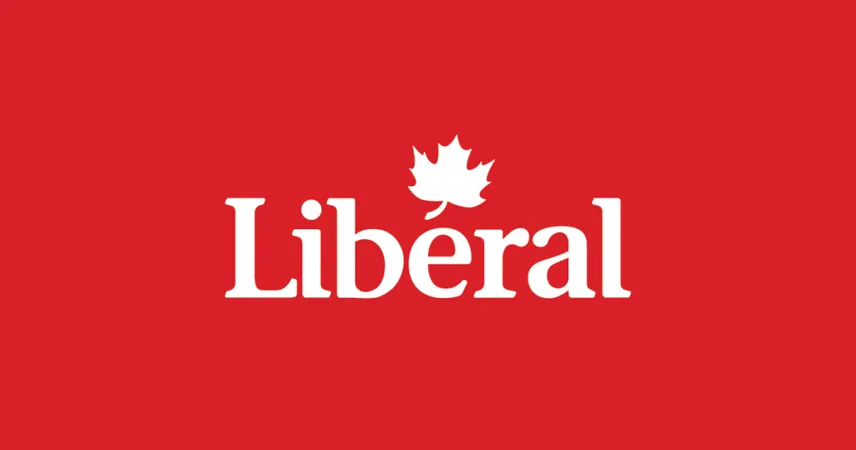
Shocking Truth: Alcohol is a Cancer Risk - Experts Demand Warning Labels in Canada!
2025-01-04
Author: Emma
As alarming health revelations continue to emerge, experts in Canada are backing a crucial movement advocating for cancer warning labels on alcoholic beverages. This follows a bold call from U.S. Surgeon General Dr. Vivek Murthy, who announced last Friday the urgent need for updated warning labels to inform consumers about the heightened risk of cancer linked to alcohol consumption.
Erin Hobin, a scientist at Public Health Ontario and an advocate for clearer labeling, emphasized the importance of transparency. 'Consumers deserve to know the inherent health risks of the products they consume, particularly those often sold by governments. Canada needs to strengthen its labeling regulations for alcohol – it’s about consumer rights,' she stated in a recent interview.
The urgency for such labels is underscored by findings from the World Health Organization's International Agency for Research on Cancer, which categorizes alcoholic beverages as a group 1 carcinogen—the highest possible risk classification. Hobin points out that the evidence linking alcohol to cancer has become irrefutable, with at least seven types of cancer—including those of the mouth, throat, esophagus, colon, breast, and liver—being directly connected to alcohol consumption.
Further supporting this initiative, Dr. Peter Butt, a clinical associate professor at the University of Saskatchewan, remarked, 'It's about time this issue is addressed at a national level. Our guidelines on alcohol clearly recommend that people have a right to know about the risks. Reducing alcohol intake is paramount for health.'
The carcinogen present in all alcoholic beverages, including wine, beer, spirits, and cider, is ethanol. Dr. Butt warns that the more ethanol present in a drink, the greater the cancer risk, adding, 'Crucially, there’s no safe amount of alcohol. The myth of ‘heart-healthy’ wine is dangerous; alcohol can lead to serious health issues—high blood pressure, heart arrhythmias, liver toxicity, and even birth defects.'
But will these proposed warning labels make an impact? Hobin is optimistic, citing a recent national survey revealing that many Canadians remain unaware of the cancer risks associated with alcohol. She argues that clear labeling could significantly influence drinking behaviors. 'Health warnings on alcohol containers have proven effective in drawing consumer attention. Data from a systematic review published in The Lancet Public Health supports the idea that these labels could indeed sway public consumption patterns,' she affirmed.
As public health officials and researchers rally for action, the call for transparent labeling on alcoholic beverages grows louder. With mounting evidence highlighting the dangers of alcohol, the question remains: Will Canada heed the experts’ advice, or will the dangers of alcohol remain in the shadows, leaving consumers uninformed? Stay tuned for updates on this critical public health initiative!









 Brasil (PT)
Brasil (PT)
 Canada (EN)
Canada (EN)
 Chile (ES)
Chile (ES)
 Česko (CS)
Česko (CS)
 대한민국 (KO)
대한민국 (KO)
 España (ES)
España (ES)
 France (FR)
France (FR)
 Hong Kong (EN)
Hong Kong (EN)
 Italia (IT)
Italia (IT)
 日本 (JA)
日本 (JA)
 Magyarország (HU)
Magyarország (HU)
 Norge (NO)
Norge (NO)
 Polska (PL)
Polska (PL)
 Schweiz (DE)
Schweiz (DE)
 Singapore (EN)
Singapore (EN)
 Sverige (SV)
Sverige (SV)
 Suomi (FI)
Suomi (FI)
 Türkiye (TR)
Türkiye (TR)
 الإمارات العربية المتحدة (AR)
الإمارات العربية المتحدة (AR)